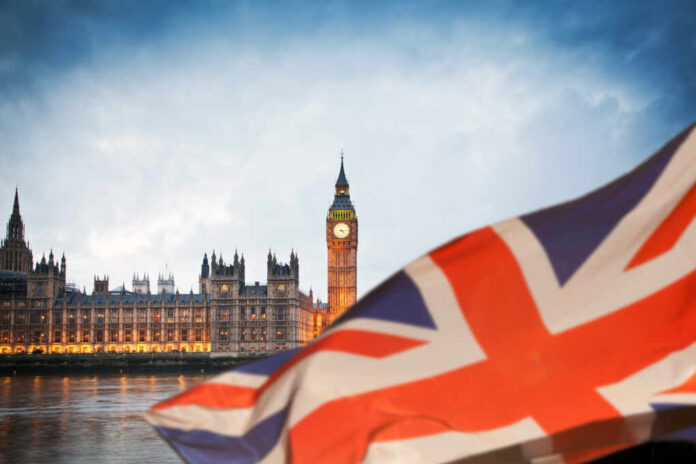
The UK government’s proposed disability benefit reforms have ignited a fierce backlash, with experts warning of dire impacts on vulnerable populations.
Story Highlights
- The UK government plans to reform disability benefits, sparking widespread concern.
- Proposed changes aim to restrict eligibility and reduce welfare spending.
- Experts and advocacy groups warn of severe impacts on vulnerable populations.
- Despite concessions, core reforms proceed amid significant opposition.
Controversial Disability Benefit Reforms Announced
The UK government has announced controversial reforms to disability benefits, focusing on Personal Independence Payment (PIP) and Universal Credit (UC). The draft legislation, released between May and June 2025, aims to restrict eligibility and reduce welfare spending. This move has triggered intense debate in Parliament, with over 100 Labour MPs expressing concerns and charities mobilizing against the reforms. Despite the backlash, Work and Pensions Secretary Liz Kendall has confirmed that the reforms will proceed, albeit with some concessions.
Experts, advocacy groups, and many MPs have voiced strong disapproval of both the substance of the reforms and the language used by the government. The reforms are seen as potentially harmful to disabled and vulnerable populations, raising questions about the evidence base and urgency cited by ministers.
UN urges UK government to scrap welfare cuts over human rights concerns
https://t.co/1AqByg65tb [Independent]— Stephanie Migot 🇰🇪 🇬🇧 (@MsMigot) September 12, 2025
Background and Historical Context
The UK’s welfare system has been subject to numerous reforms since the introduction of Universal Credit in 2013. The system aims to balance support for vulnerable groups with controlling public spending. PIP replaced Disability Living Allowance in 2013, with eligibility criteria periodically tightened. Rising disability benefit caseloads and costs have led to increased political pressure to reduce welfare spending. Previous reforms, such as the Work Capability Assessment, have faced criticism for negatively impacting disabled individuals.
The Labour government, led by Prime Minister Keir Starmer, is under pressure to demonstrate fiscal responsibility while maintaining its commitment to social justice. The welfare bill controversy has reignited broader debates about the role of the state, austerity, and support for marginalized groups. Past incidents of Conservative-led welfare reforms faced similar criticism for harming vulnerable communities, further fueling the current debate.
Watch: UK government U-turn over planned benefit reforms | BBC News
Stakeholder Reactions and Potential Impacts
Charities and advocacy groups, such as Disability Rights UK and Scope, have expressed concerns about the reforms’ potential to increase poverty and exclusion among disabled populations. The Institute for Fiscal Studies (IFS) projects that the watered-down bill will not deliver any savings over the next four years, challenging the government’s fiscal rationale.
Ongoing parliamentary debates and intra-party dissent signal significant political risks for the Labour government. The reforms, if enacted, could affect millions, with some estimates suggesting an average loss of £1,700 per year for three million people. The potential economic, social, and political impacts are substantial, with charities and support services likely to face increased demand as more individuals seek assistance.
Sources:
Restless – Benefit Changes: How the Revised Welfare Bill Affects PIP and Universal Credit
Sky News – Work and Pensions Secretary Tells MPs Controversial Disability Benefit Reforms Will Go Ahead Next Year
TIME – United Kingdom Welfare Bill Controversy: Starmer Rebellion
Gov.uk – Biggest Shake-Up to Welfare System in a Generation to Get Britain Working

























